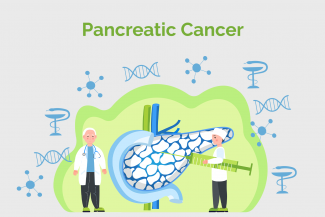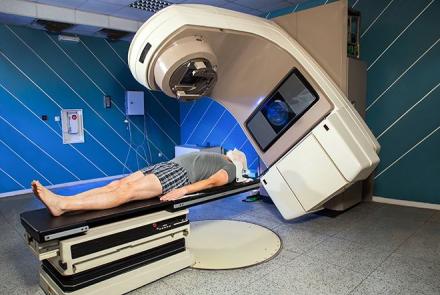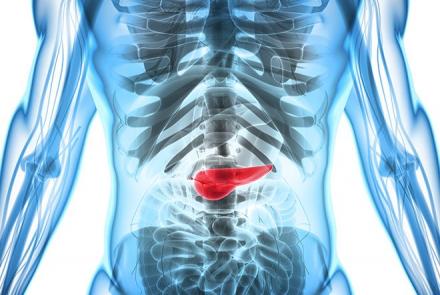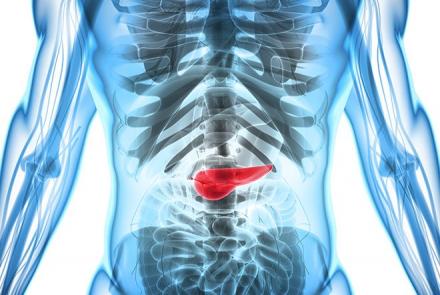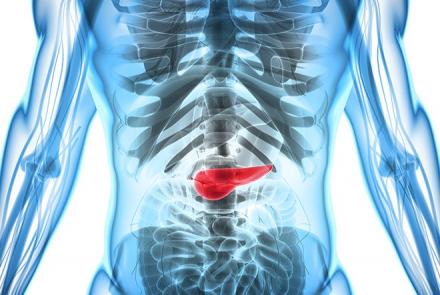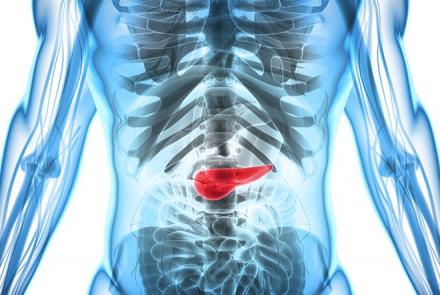The early stages of this cancer do not usually produce symptoms, so the disease is generally advanced when it is diagnosed. Its often referred to as a "silent killer". The estimated 5-year prevalence of people in the world living with pancreatic cancer is 4.1 per 100,000. This cancer is almost always fatal.
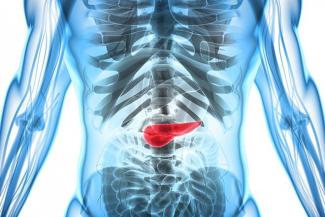
In most cases, due to late diagnosis of Pancreatic Cancer, the mean survival period is less than 6 months. In such cases, management of Pancreatic Cancer should include:
- Palliative chemotherapy helps reduce the symptoms of pancreatic cancer thus improving the quality of life for the patient. Be sure to discuss side-effects with your Oncologist before starting.
- Pain management with opioid analgesics, nerve blocks and morphine (at later stages).
- Relief of duct blockages using a stent during ERCP or endoscopy.
- Diabetic control with insulin is recommended if diabetes has developed.
- Complimentary therapy such as yoga, meditation etc may be helpful.
- Supportive care for patients and care providers. This may include psychological and emotional coping mechanisms.
Recommend reading this interview with Dr. Shailesh Shrikhande of Tata Memorial, Mumbai on the latest treatment and management options for Pancreatic Cancer
Changed
06/Jan/2018
Condition

